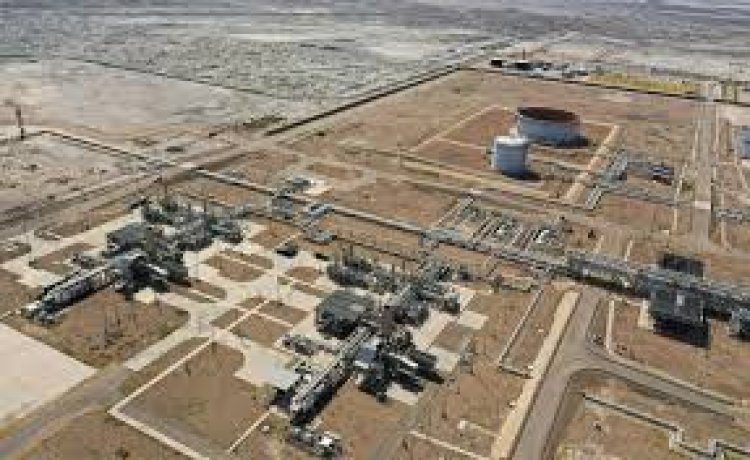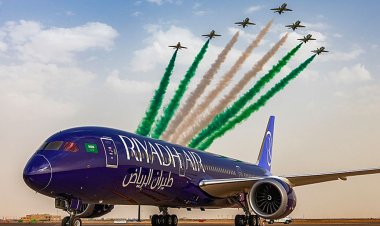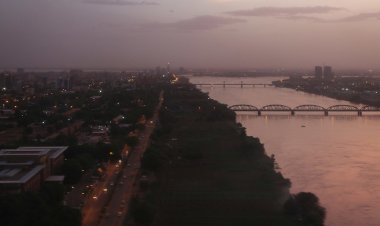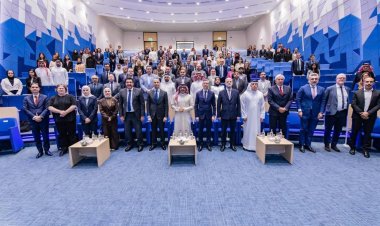Iraq Inks Major Oil Development Deal With ExxonMobil, Marking U.S. Return to Southern Fields

Iraq is entering a significant new chapter in its oil sector development with a major deal struck with U.S. oil giant ExxonMobil, signaling a renewed energy partnership between Baghdad and Washington.
According to senior Iraqi officials cited by Reuters, the upcoming agreement will see ExxonMobil manage, develop, and operate the massive Majnoon oil field in southern Iraq, approximately 60 kilometers from Basra. This move marks the company's re-entry into Iraq’s energy sector two years after its exit from the West Qurna-1 project.
The Majnoon oil field is one of the largest in the world, holding an estimated 38 billion barrels of oil in place. The deal, which is still in its early stages through a signed heads of agreement (HoA), also includes upgrades to Iraq’s southern oil export infrastructure and introduces a profit-sharing arrangement for both crude and refined petroleum products. Iraq’s State Organization for Marketing of Oil (SOMO), the Basra Oil Company, and ExxonMobil are all expected to finalize the details in the coming months.
An ExxonMobil spokesperson commented on the agreement, saying, “We are pleased to have signed an HoA with the Iraqi Oil Ministry to evaluate exploration, development, and oil marketing opportunities in Iraq.” Iraqi Prime Minister Mohammed Shia al-Sudani confirmed the deal but did not elaborate on the financial terms or timelines. As reported by Bloomber , the agreement also proposes leveraging Exxon’s Asian storage assets particularly in Singapore to help Iraq secure long-term energy export capacity.
Muwafaq Abbas, a former Basra Oil Company operations manager and energy analyst, said the move reflects Iraq’s strategic push to modernize its energy infrastructure and rebalance its international partnerships. “The deals carry political weight, signalling Baghdad’s intent to deepen integration with western markets and reduce overdependence on China,” Abbas told Reuters.
This development comes amid a surge in Chinese-led infrastructure deals in Iraq. In September, China Petroleum Pipeline Engineering (CPP) signed a $2.5 billion contract to construct a 950-kilometer seawater distribution system to support pressure maintenance across fields like Majnoon. In July, PowerChina secured a $4 billion deal to build Iraq’s first large-scale seawater desalination plant in Basra critical for industrial and energy use in the region. Concurrently, Chinese private oil companies are planning to double their output in Iraq to 500,000 barrels per day (bpd) by 2030, solidifying their grip on Iraq’s midstream and downstream oil assets.
ExxonMobil, once among the first Western energy firms to re-enter Iraq following the 2003 U.S.-led invasion, had pulled out of West Qurna-1 in 2024 due to concerns over political instability and lackluster investment returns. Its re-entry through Majnoon is seen not only as a business move but also as a geopolitical counterweight to China’s growing influence in Iraq’s oil heartland.
Iraq, which holds some of the largest oil and gas reserves globally, currently produces around 4 million bpd and aims to ramp that up to over 6 million by 2029. The ExxonMobil deal is expected to be a key component of that production growth strategy, positioning Iraq as both a major supplier and strategic partner in global energy markets.
Follow:























